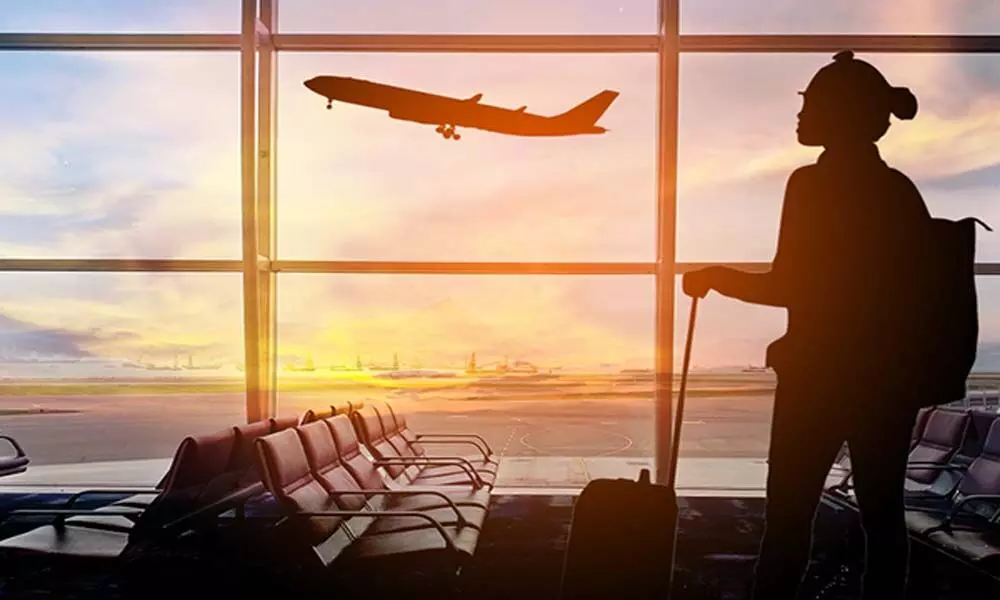Apply risk-based measures to facilitate overseas travel: WHO
When implementing measures related to Covid-19 authorities should respect dignity, human rights and fundamental freedoms of travellers, says WHO
image for illustrative purpose

In the year 2020 to mid 2021 the travel and tourism industry took a major hit. Every time the sector decides to gradually open up a new Covid-19 wave descends upon us all things again go back to square one. This has been the trend for a while now and the two industries that have been at the receiving end the most have been the hospitality and the travel sector. With the surge in Covid-19 restrictions, travel agents onboard the TravClan platform have been able to provide personalized assistance to travellers vis a vis international and State wise Covid rules, details on the validity of RTPCR tests for different regions, details on other restrictions, etc. In this crisis, travel agents have been more accessible to travellers compared to online websites.
Today however with almost every country embarking upon a massive vaccination drive, the next couple of months look promising and will be crucial for the industry as people are slowly but surely learning to live with the virus. The honest truth is that Covid is here to stay but human beings have always persevered and learned to adapt and thrive despite all odds and this means learning to live with the virus, and this holds true for all sectors including the travel and tourism Industry.
Countries across the world are facing diverse epidemiological situations with varying response capacities and access to life saving tools. The World Health Organization (WHO) recommends that national authorities continue to apply a risk-based approach when implementing measures related to Covid-19 and international travel while respecting the dignity, human rights and fundamental freedoms of travellers. This approach should consider the risk posed by travel for the importation and exportation of cases in the context of the evolving epidemiology, including the emergence and circulation of virus variants of concern; the expansion of the Covid-19 vaccination roll-out; and lessons learned while responding to the pandemic, including on the early detection and management of cases and the application of public health and social measures.
WHO recommendations for Member States: Do not treat international travellers as a priority group for SARS-CoV-2 testing, as they are not suspected Covid-19 cases by default. In resource-limited contexts, avoid diverting testing resources from settings where testing can have a higher public health impact; only implement testing and/or quarantine measures to international travellers on a risk based manner, taking into account the above-mentioned considerations, including those for exemption for individuals with vaccine-induced or natural immunity, as defined above.
Policies for testing and quarantine should be regularly reviewed to ensure they are lifted when they are no longer necessary. If quarantine of international travellers is implemented in the arrival country, ensure that a risk-based approach is used in decision-making, and that the dignity, human rights and fundamental freedoms of travellers are respected and any discomfort or distress minimized, as per the provisions of the International Health Regulations (IHR) (2005) (12).
Other key considerations for travel-related measures WHO recommends that Member States: Ensure essential international travel is prioritized at all times during the Covid-19 pandemic, including travel for emergency and humanitarian missions, travel of essential personnel, repatriations and cargo transport of essential supplies; continue conducting regular and thorough risk assessments to update international travel-related measures as the situation evolves, particularly when variants of interest (VOIs) and variants of concern (VOCs) emerge.

